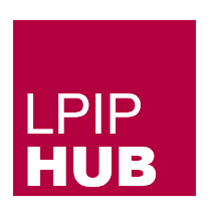Our accredited Green Book Better Business case practitioners will provide tools, support and evidence on developing effective project plans through the business case methodology. Helping stakeholders to develop their confidence in utilising the Green Book, supporting in the development and capacity building around the 5 cases within the Green Book, with a specialism in the development of the strategic, economic and management cases.
- What are the current methodologies for calculating socio-economic value for money impacts?
- Where are there gaps in methodologies?
- How can we help to develop new methodologies for the calculation of value for money?
- How can stakeholders develop strong and effective theory of changes/ logic models that can help them to effectively see and measure the impact of their projects and/or programmes?
- What evidence is appropriate and robust in the development of the strategic case?
- What is the current evidence around additionality factors? What is appropriate to apply and when?
- How can effective and robust options appraisal be conducted, both the short and long list?
- How can you effectively engage stakeholders throughout the business case development process?
The team:
LPIP Hub team:
Alice Pugh (City REDI)- LPIP Hub Inclusive and sustainable local economic performance Theme Lead
Professor Rebecca Riley (City REDI)
Key Partners:
Professor Andrew Brown, Y-Pern Academic Director and UPEN Co-Chair
Jeffery Matsu, Chief Economist at the Chartered Institute of Public Finance and Accountancy (CIPFA)












